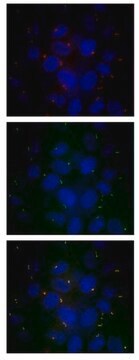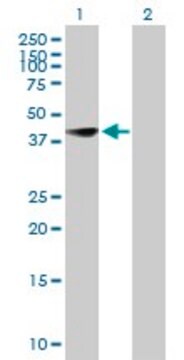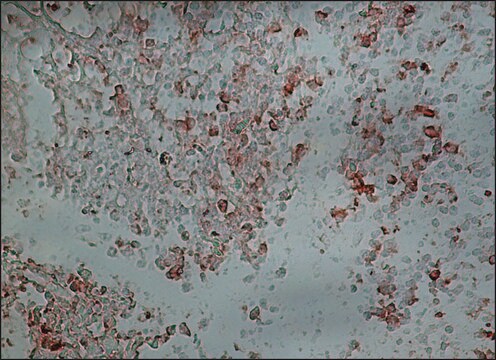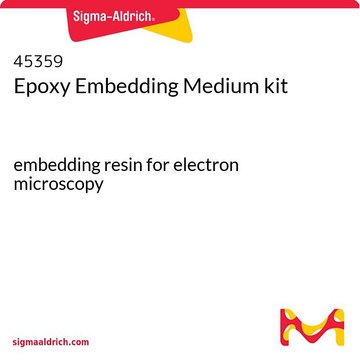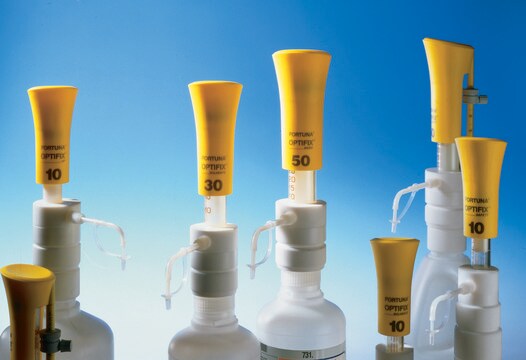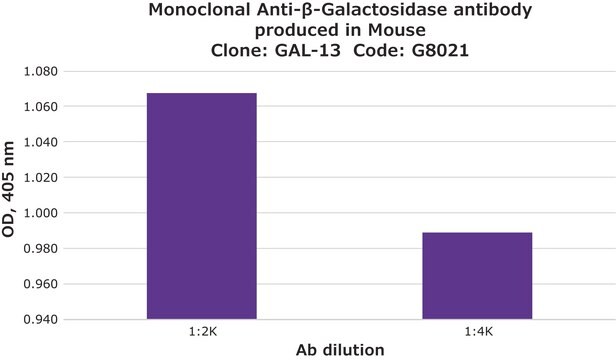ABS1035
Anti-FMO2 Antibody
serum, from rabbit
Sinonimo/i:
Dimethylaniline monooxygenase [N-oxide-forming] 2, Dimethylaniline oxidase 2, FMO 1B1, Pulmonary flavin-containing monooxygenase 2, FMO 2
About This Item
WB
western blot: suitable
Prodotti consigliati
Origine biologica
rabbit
Livello qualitativo
Forma dell’anticorpo
serum
Tipo di anticorpo
primary antibodies
Clone
polyclonal
Reattività contro le specie
mouse, human
Reattività contro le specie (prevista in base all’omologia)
chimpanzee (based on 100% sequence homology), orangutan (based on 100% sequence homology)
tecniche
immunohistochemistry: suitable
western blot: suitable
N° accesso NCBI
N° accesso UniProt
Condizioni di spedizione
dry ice
modifica post-traduzionali bersaglio
unmodified
Informazioni sul gene
human ... FMO2(2327)
Descrizione generale
Immunogeno
Applicazioni
Signaling
Toxicology & Drug Resistance
Qualità
Western Blotting Analysis: A 1:500 dilution of this antibody detected FMO2 in 10 µg of human liver microsomal lysate.
Descrizione del bersaglio
Stato fisico
Stoccaggio e stabilità
Handling Recommendations: Upon receipt and prior to removing the cap, centrifuge the vial and gently mix the solution. Aliquot into microcentrifuge tubes and store at -20°C. Avoid repeated freeze/thaw cycles, which may damage IgG and affect product performance.
Altre note
Esclusione di responsabilità
Non trovi il prodotto giusto?
Prova il nostro Motore di ricerca dei prodotti.
Codice della classe di stoccaggio
12 - Non Combustible Liquids
Classe di pericolosità dell'acqua (WGK)
WGK 1
Punto d’infiammabilità (°F)
Not applicable
Punto d’infiammabilità (°C)
Not applicable
Certificati d'analisi (COA)
Cerca il Certificati d'analisi (COA) digitando il numero di lotto/batch corrispondente. I numeri di lotto o di batch sono stampati sull'etichetta dei prodotti dopo la parola ‘Lotto’ o ‘Batch’.
Possiedi già questo prodotto?
I documenti relativi ai prodotti acquistati recentemente sono disponibili nell’Archivio dei documenti.
Il team dei nostri ricercatori vanta grande esperienza in tutte le aree della ricerca quali Life Science, scienza dei materiali, sintesi chimica, cromatografia, discipline analitiche, ecc..
Contatta l'Assistenza Tecnica.